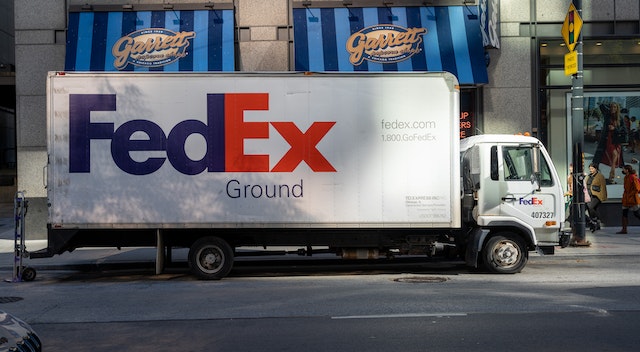The aviation industry has been under the spotlight in recent times due to ongoing labor negotiations and disputes. One of the major players in this industry, FedEx, recently faced a significant setback as its pilots rejected a tentative deal proposed during the negotiation process. This development has brought renewed attention to the challenges facing both the company and its pilots.
The Rejection and Its Implications
The rejection of the tentative deal by FedEx pilots has raised questions about the key issues that led to this decision. It signals the existence of unresolved concerns and points of contention between the pilots and the company. While specific details about the rejected deal remain undisclosed, it is clear that the pilots’ union is advocating for better terms and conditions to safeguard their interests and improve working conditions.
In the wake of this rejection, several questions arise. What are the major sticking points between the pilots and FedEx management? How will this impact the day-to-day operations of the company? What are the potential consequences if a resolution is not reached in a timely manner?
Supervised Talks as a Path to Resolution
With the breakdown of the tentative deal, the likelihood of supervised talks between the pilots’ union and FedEx management has increased. Supervised talks involve the intervention of a neutral third party, such as a federal mediator, to facilitate negotiations and find common ground between the involved parties.
The involvement of a mediator can be beneficial in multiple ways. Firstly, it can help in diffusing tensions and fostering a more constructive environment for negotiations. Secondly, a mediator can bring fresh perspectives and potential solutions to the table, aiding in overcoming impasses that may have hindered progress previously. Finally, the mediator can ensure that both sides have an equal opportunity to voice their concerns and that the final agreement is fair and balanced.
Potential Impact on the Aviation Industry
The aviation industry is no stranger to labor disputes, but the outcome of the FedEx pilots’ negotiations can have broader implications. If the issues between the pilots and the company are not addressed promptly, it could lead to disruptions in flight schedules and potential financial losses for FedEx. Moreover, other airline companies may closely observe the developments, as they often set precedents for labor negotiations throughout the industry.
The potential for a prolonged dispute also brings attention to the need for effective communication and cooperation between labor and management in the aviation sector. Collaborative efforts can pave the way for long-term stability and success, benefiting both the workforce and the company.
Conclusion
The rejection of the tentative deal by FedEx pilots and the likelihood of supervised talks underscore the complexities of labor negotiations in the aviation industry. As the discussions continue, it is essential for both the pilots’ union and FedEx management to work towards finding common ground that addresses the concerns of all parties involved. A resolution is not only vital for the smooth functioning of FedEx but also sets an important precedent for the aviation industry as a whole. Through constructive dialogue and cooperation, the hope remains that a fair and mutually beneficial agreement can be reached, ensuring a harmonious and thriving future for all stakeholders.












